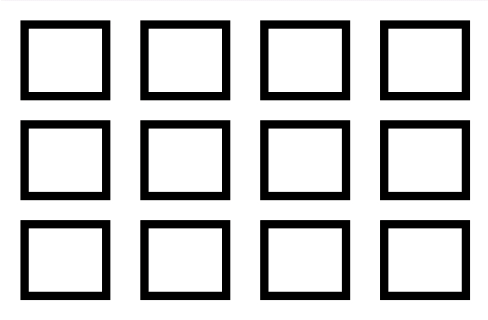Workshop 'Cultural heritage in war: challenges, strategies, future'
.png?content_type=image%2Fpng&disposition=inline%3B+filename%3D%22GI_Logo_horizontal_black_sRGB+50mm+%25281%2529.png%22%3B+filename%2A%3DUTF-8%27%27GI_Logo_horizontal_black_sRGB%252050mm%2520%25281%2529.png)
This workshop offers two days of inspiration for anyone interested in safeguarding the Ukrainian cultural heritage. Learn about a comprehensive approach to tangible and intangible, natural and urban heritage from a German UNESCO Commissioner. Get inspired by successful case studies from temporarily occupied regions presented by Ukrainian researchers. Leave the workshop with a comprehensive understanding of the challenges, approaches, and strategies for working with cultural heritage in war.
When: 25-26 June, 13.00 till 17.30
Where: Zoom
- Liza Yevseyeva, an architect, researcher, co-founder of the Novokakhovsk Society for Cultural Heritage Preservation, and author and curator of the project Stone Embroideries of Nova Kakhovka.
- Tetyana Yevseyeva, and architect, member of the Expert Commission for Including Cultural Heritage Sites in the State Register of Immovable Monuments, and co-author of the project Stone Embroideries of Nova Kakhovka.
- Oleksandr Rybalko, a language activist and a member of the Nadazovska.Svoyi community.
- Marlen Meissner, a Head of Department at the German UNESCO Commission and author of Intangible Cultural Heritage and Sustainable Development: The Valorisation of Heritage Practices.
- The workshop is facilitated by Iryna Kats and Polina Horodyska.
We welcome culture professionals who:
- Are interested in the preservation of cultural heritage
- Plan to utilise the skills they have learned in working on a specific object
Apply via our online platform. The application will take up to 15 minutes.
Please log in, click the ‘Start entry’ button, choose the chapter ‘Cultural Transformation Laboratory’ and the open call ‘Workshop “Cultural heritage in war: challenges, strategies, future”’.
We will send the link to the Zoom conference to the email address you registered with on 18 June.
- The workshop is part of Cultural Transformation Lab — a series of practical education and networking events aimed at supporting Ukrainian cultural managers, civil society, and cultural actors residing outside of large cities and regional centres in times of war. The Lab is carried out by Goethe-Institut Ukraine and is part of an EU-funded programme House of Europe.


